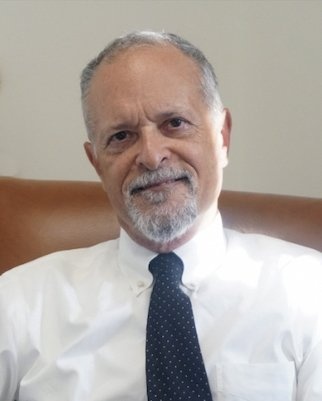Columbia College | Columbia University in the City of New York
Take Five with Dan Feldman ’70

What were you like when you arrived at Columbia?
I had not yet had the experience I needed to recognize the extent of my flaws and deficiencies, or that life is not a merit system. Still, 50 years later, essentially I feel like the same person I was then. I suppose I am a good example of what David B. Truman, then-dean of the College, said to us during Orientation: “Over the next four years, you will acquire concepts, theories, facts and arguments that you will use throughout your life to defend the prejudices you have now here today.” At my core, I remain a deeply loyal American, a liberal Democrat and a Jew with a strong appreciation for other religious and non-religious traditions.
What do you remember about your first-year living situation?
I shared a tiny room in what was then called Livingston Hall (now Wallach) with Jerry Avorn ’69, who came from my neighborhood in Rockaway, Queens, and is now a prominent doctor at Harvard Medical School. Jerry ignored me. As he was studying organic chemistry at the time, I don’t blame him. Since it cost me about $300 a year I stayed in the same room in my second year, this time with Victor Hertz ’70, GSAS’75, a friend I still see from time to time.
What Core class or experience do you most remember and why?
Professor Howard Porter taught my first-semester Lit Hum course. I wrote a paper attempting to trace a literary line from Aeschylus to Eugene O’Neill. Finishing the paper at 3:00 in the morning the day it was due, as was my habit at the time, the chorale of Beethoven’s Symphony No. 9 was playing on my radio (Jerry must have been away), so I ended the paper grandiloquently with something along the lines of “the mighty, soaring strains of Beethoven’s Ninth are playing on my radio as I write this. Eugene O’Neill, more than any other playwright today, can match its emotional power. Aeschylus was the first.” A week or so later, Porter called me into his office and had me read the paper aloud to him. In retrospect, I’m sure he was indulging my youthful notion of what I thought was dramatic writing. He just said, “Your grade is A.”
Did you have a favorite spot on campus, and what did you like about it?
I kept a particular affection for the Gates at 116th and Broadway. A guard there memorably answered my question at 1:00 or 2:00 in the morning when I returned from my then-girlfriend’s house in Canarsie — a long subway ride away. I asked, “What time do these gates close?” He said, “Son, you’re in the big city now. These gates never close.”
What, if anything, about your College experience would you do over?
Sometimes I think I should have stuck with mathematics, which I had initially considered as a major, but dropped after having to work fairly hard for a B+ in the Calculus “B” sequence. I would have had to work hard, and would not have gotten especially good grades, but I would have increased my store of mathematical concepts. As I continue to use mathematical metaphors in my thinking, that would have enriched me in an attractive way. However, every alternative has an opportunity cost. As I cannot think of anything I would prefer to have given up, I suppose I would make the same choice again.
More “Take Five”
- 1 of 32
- ›

